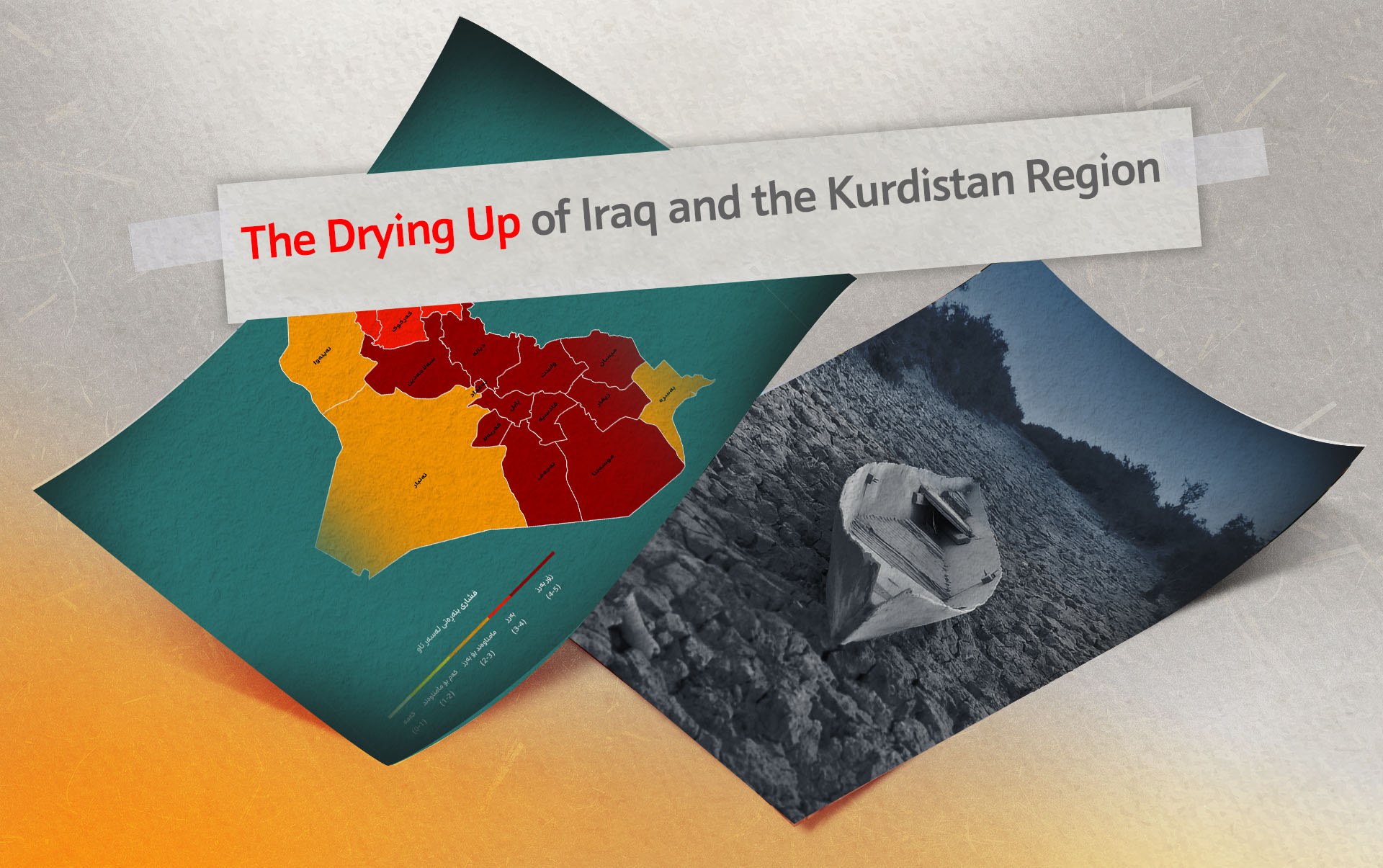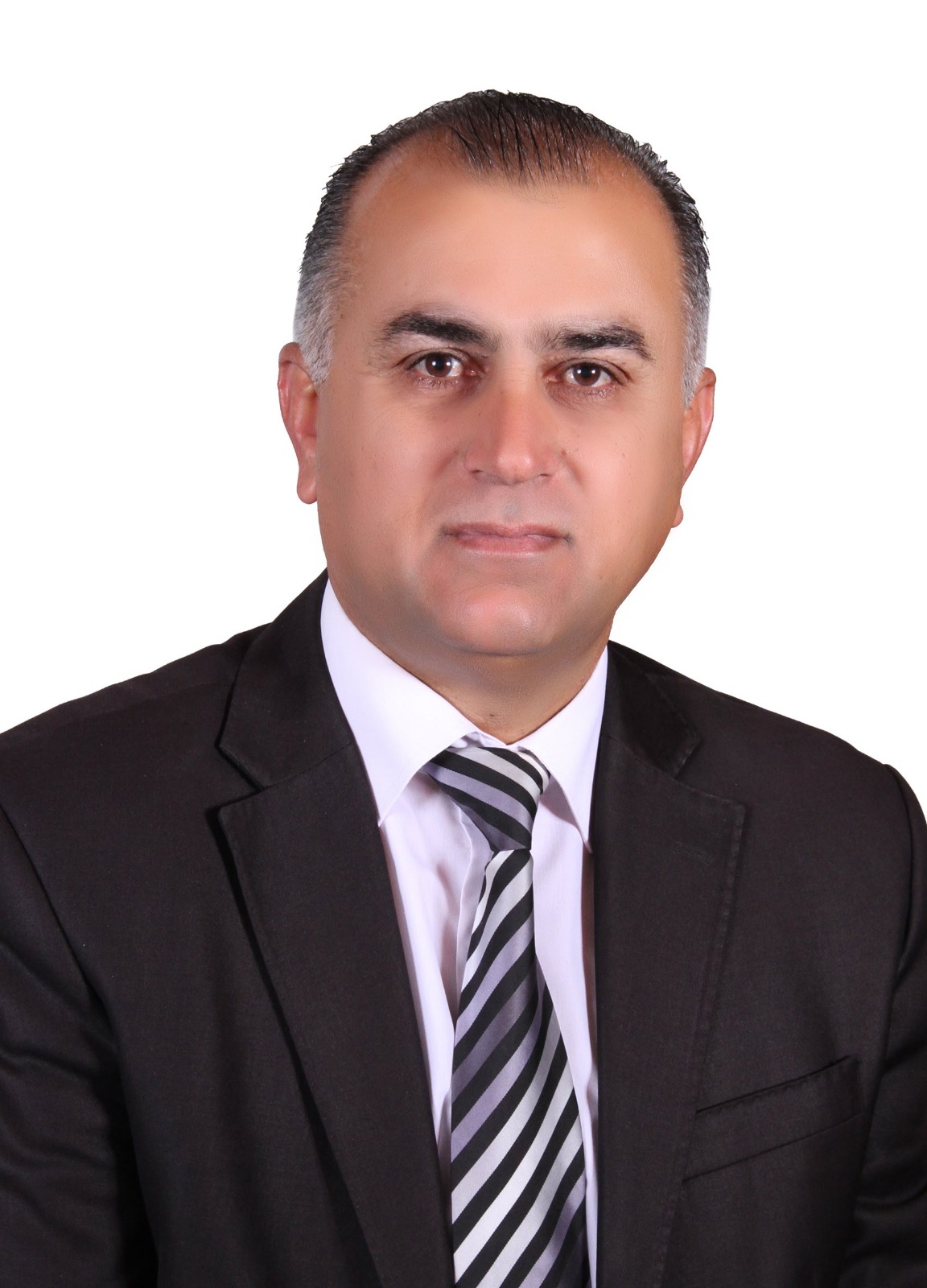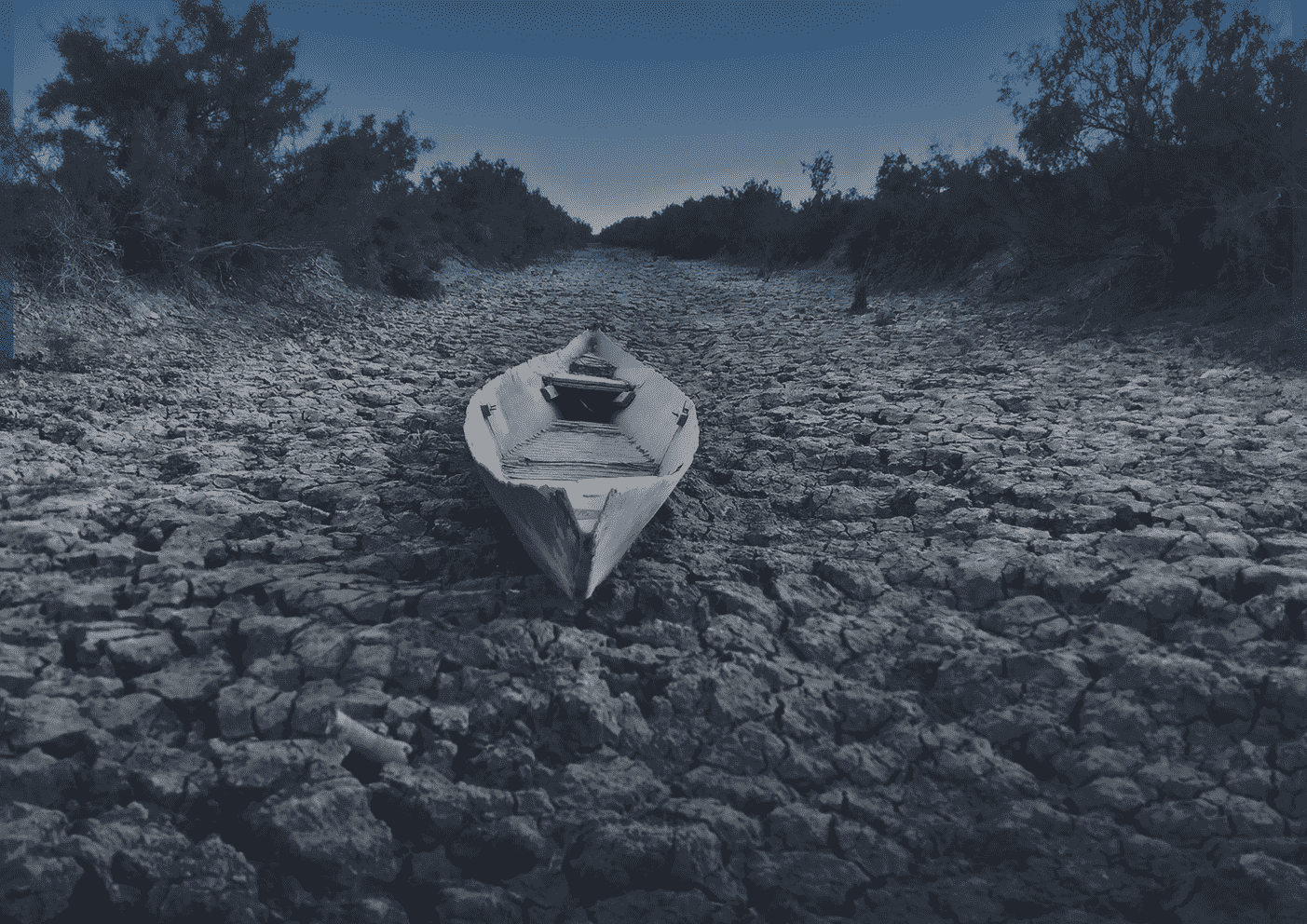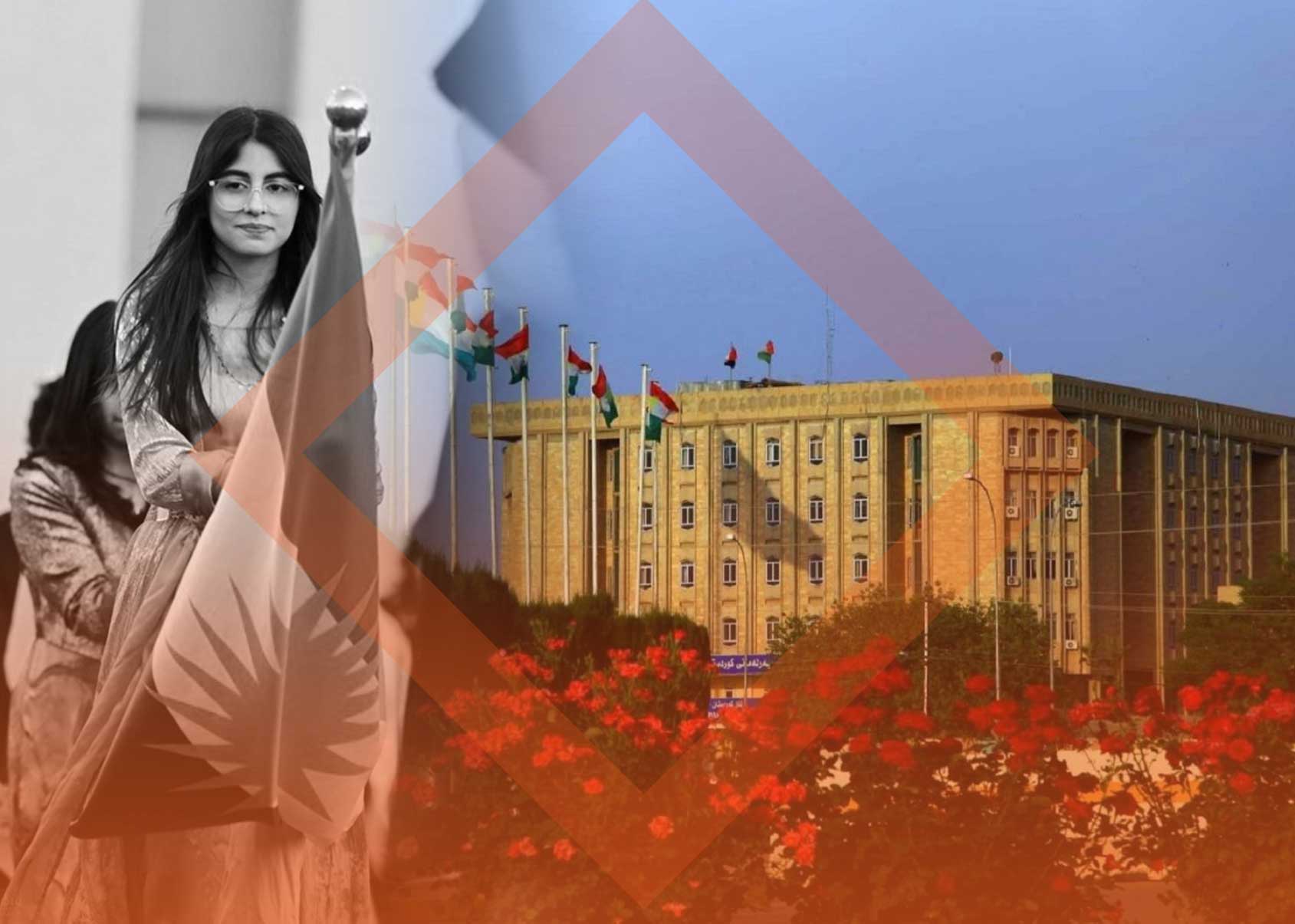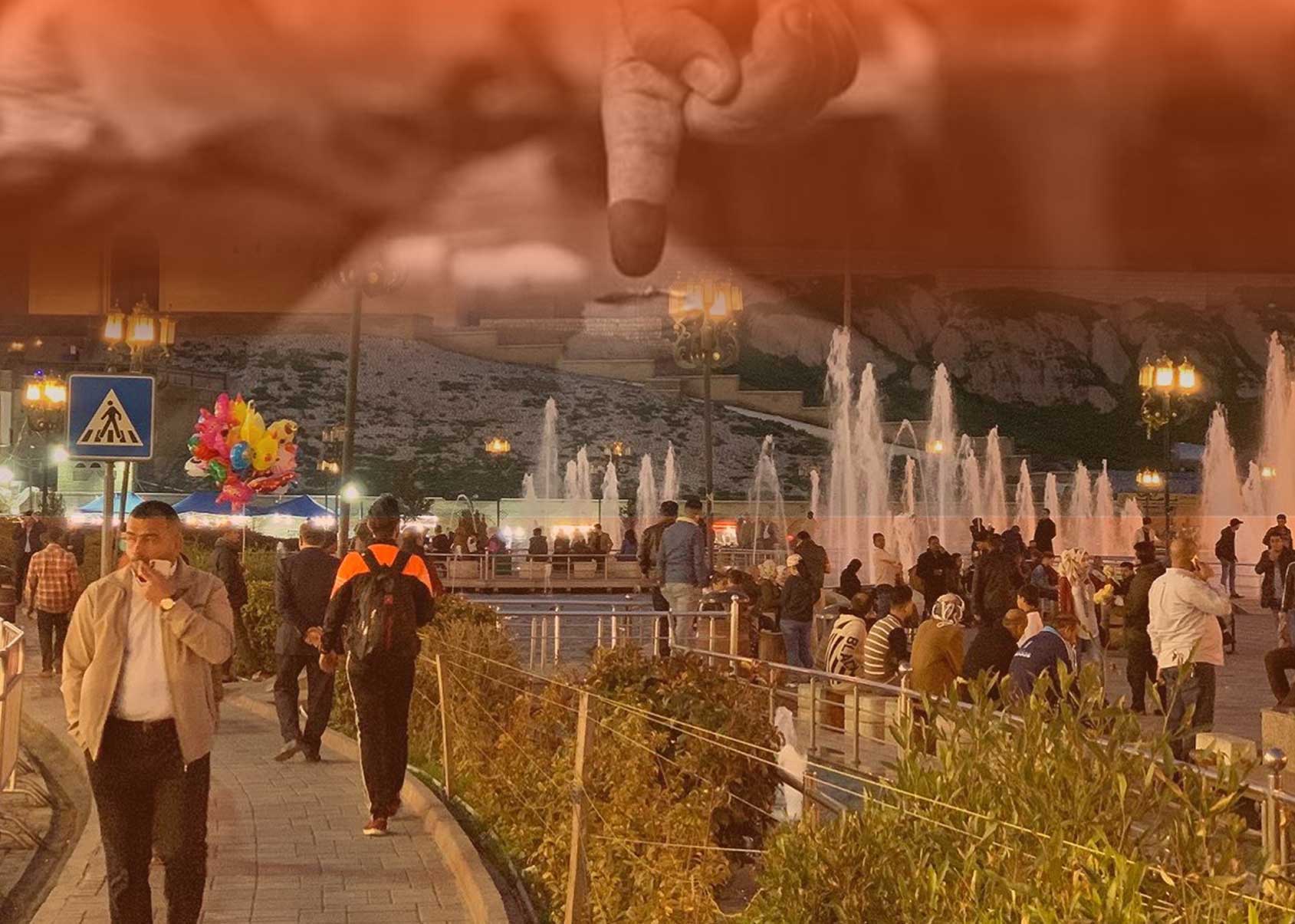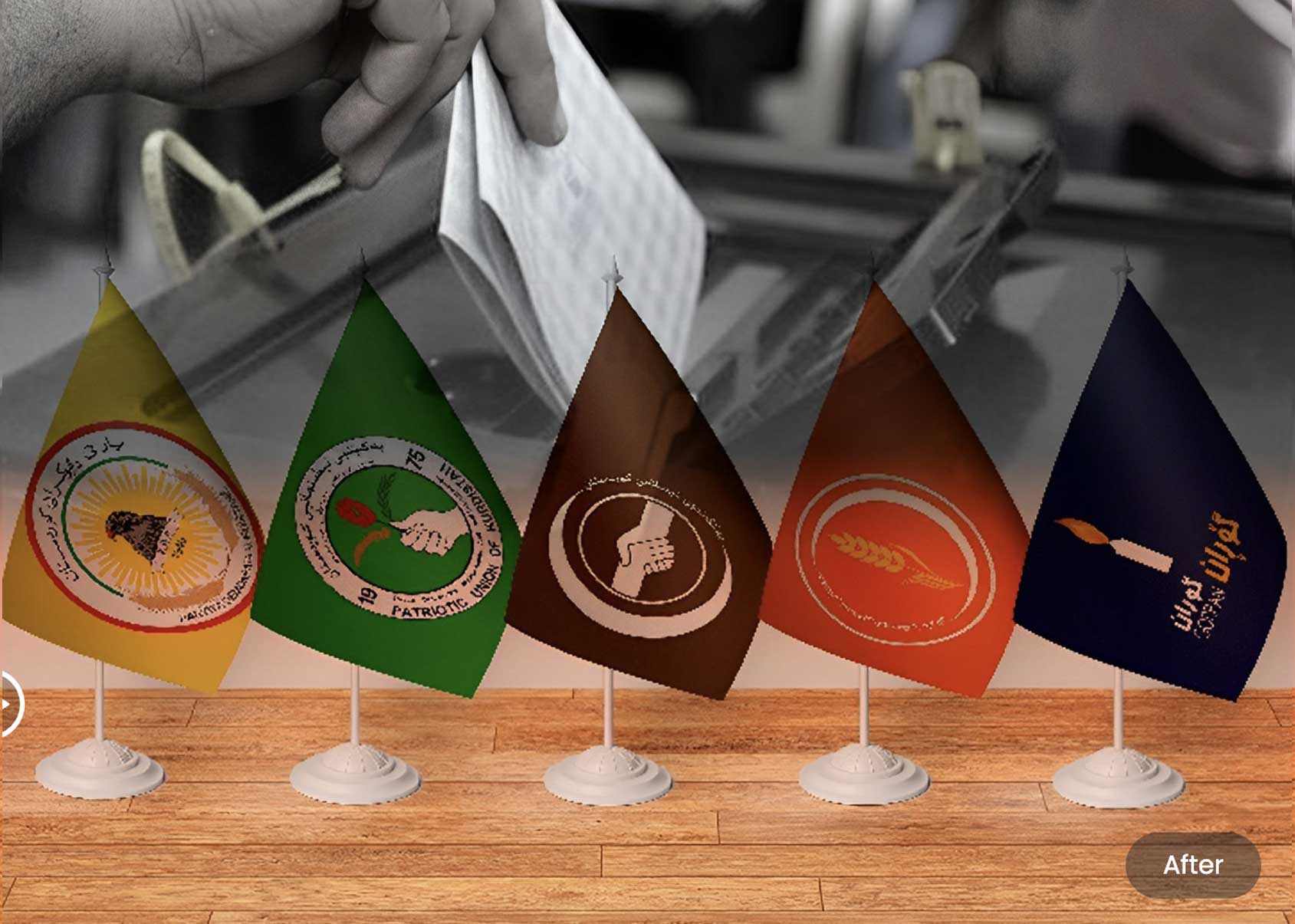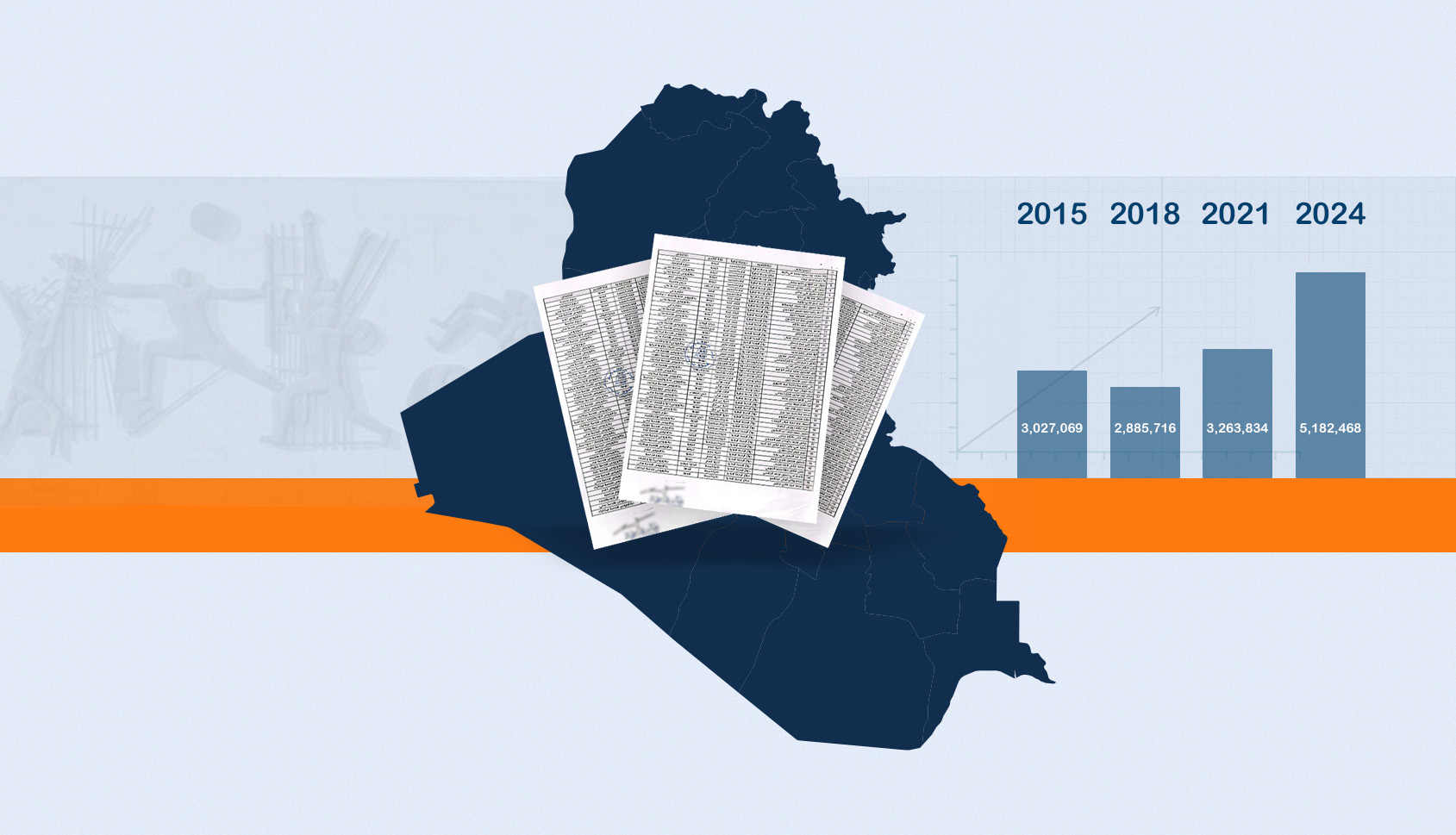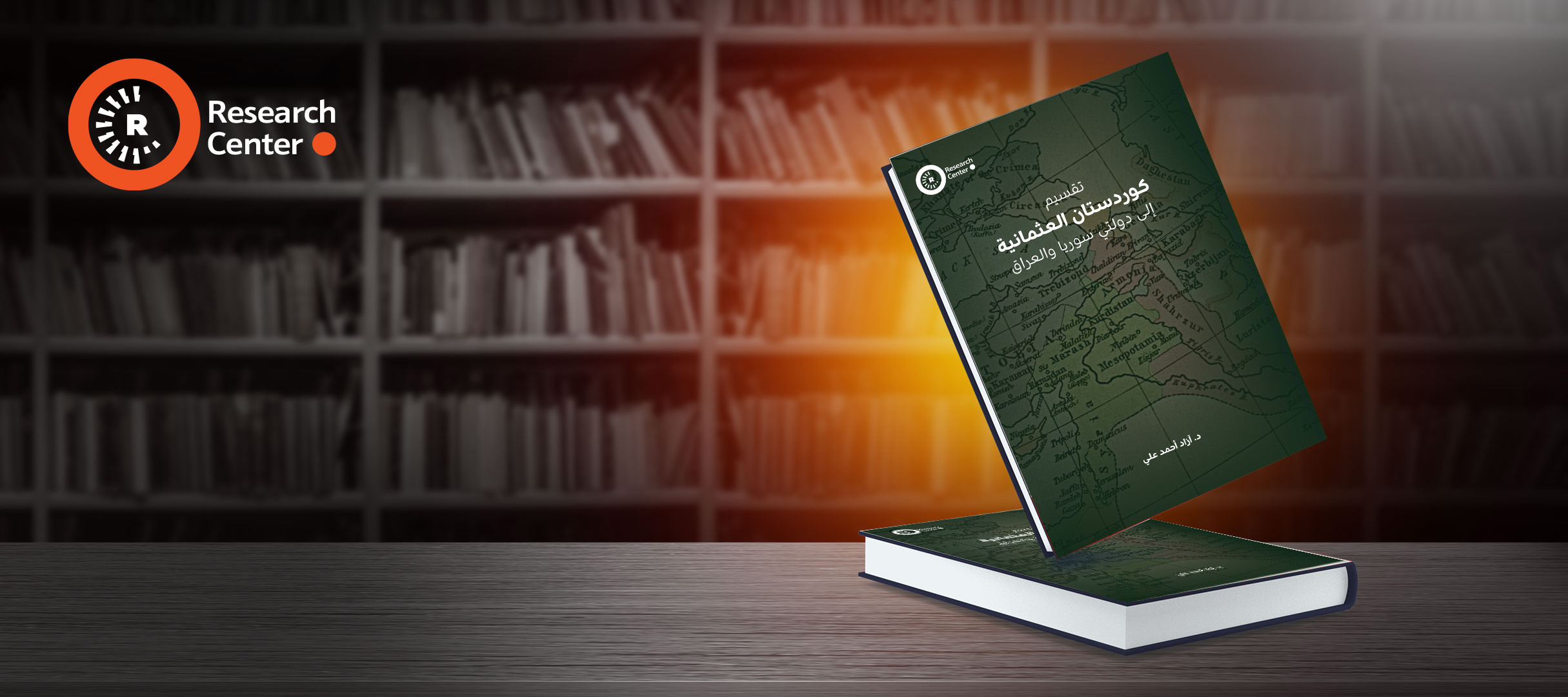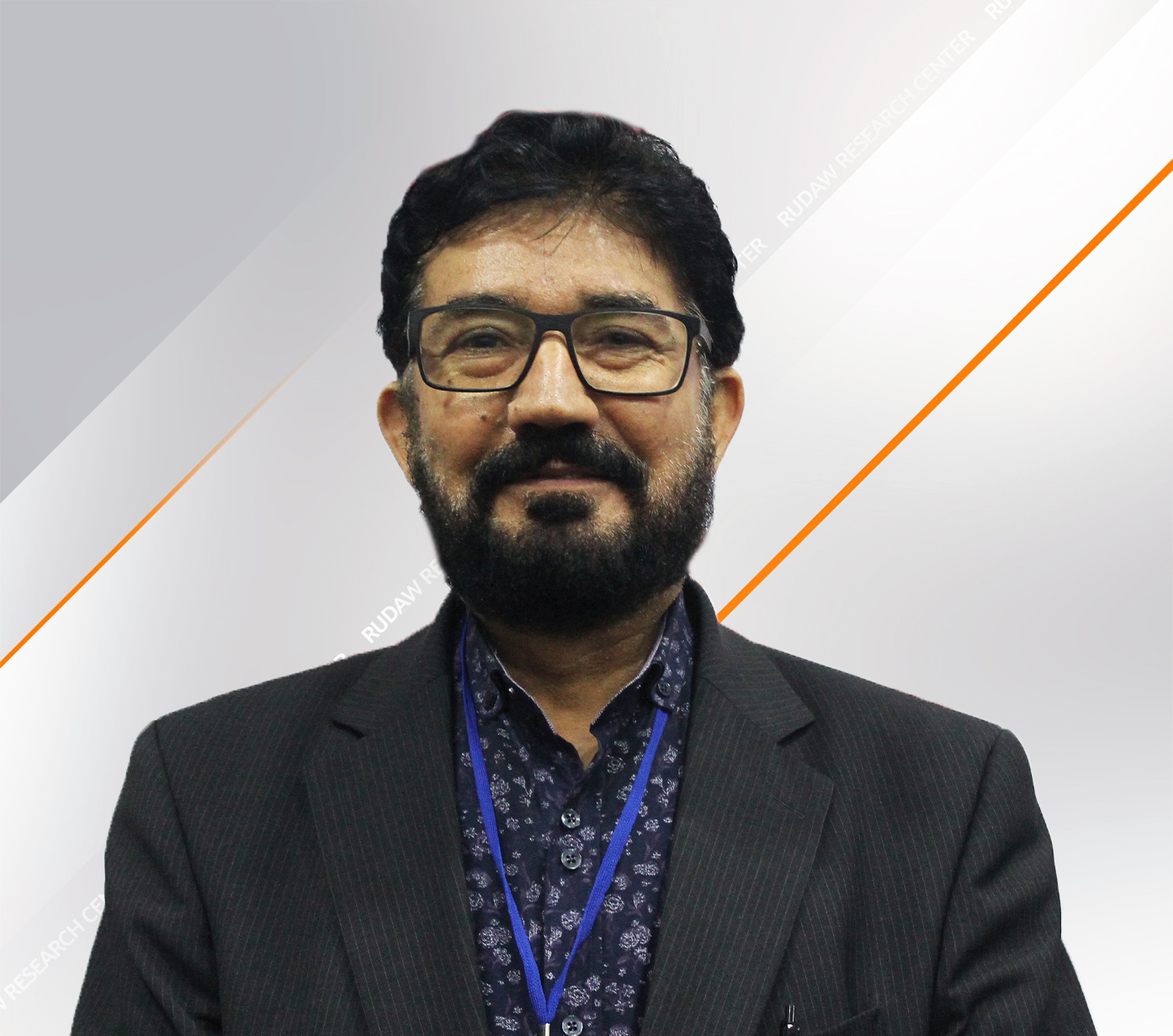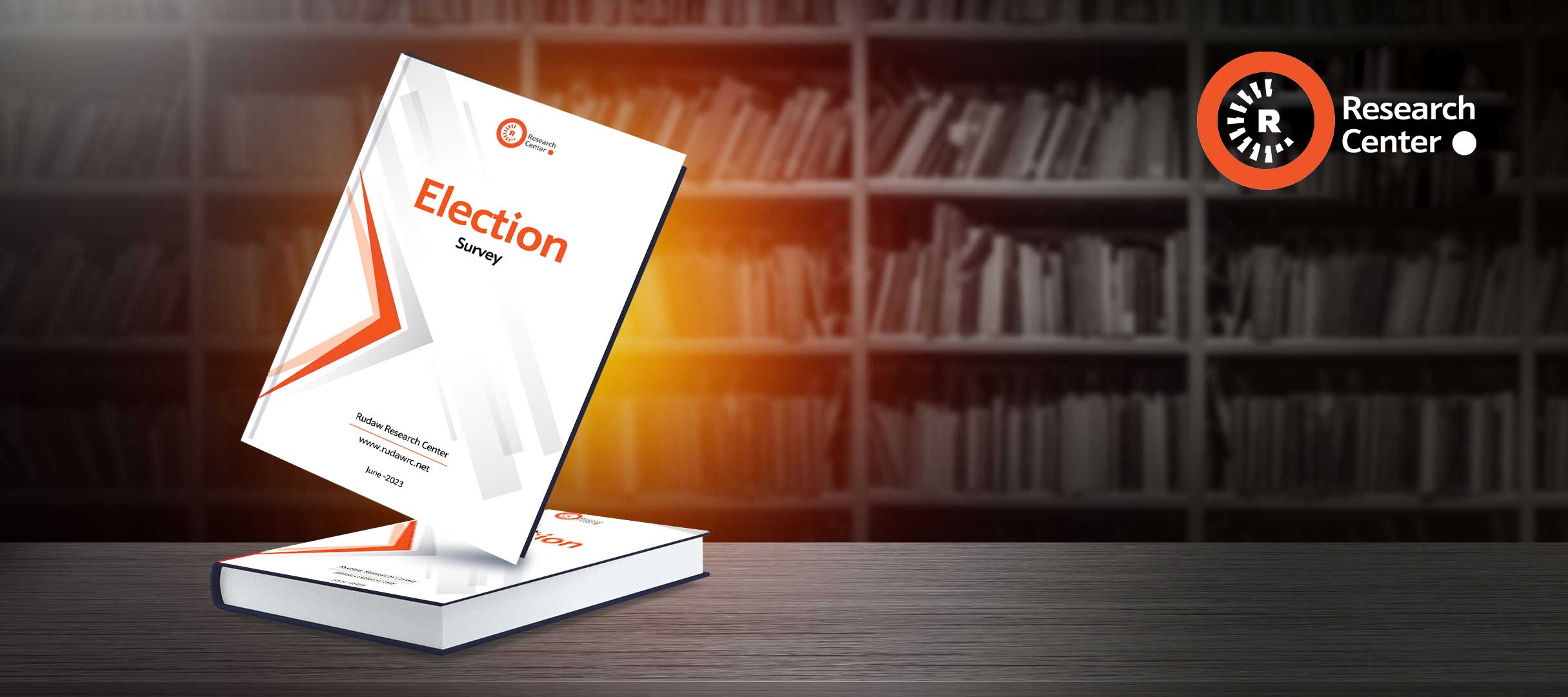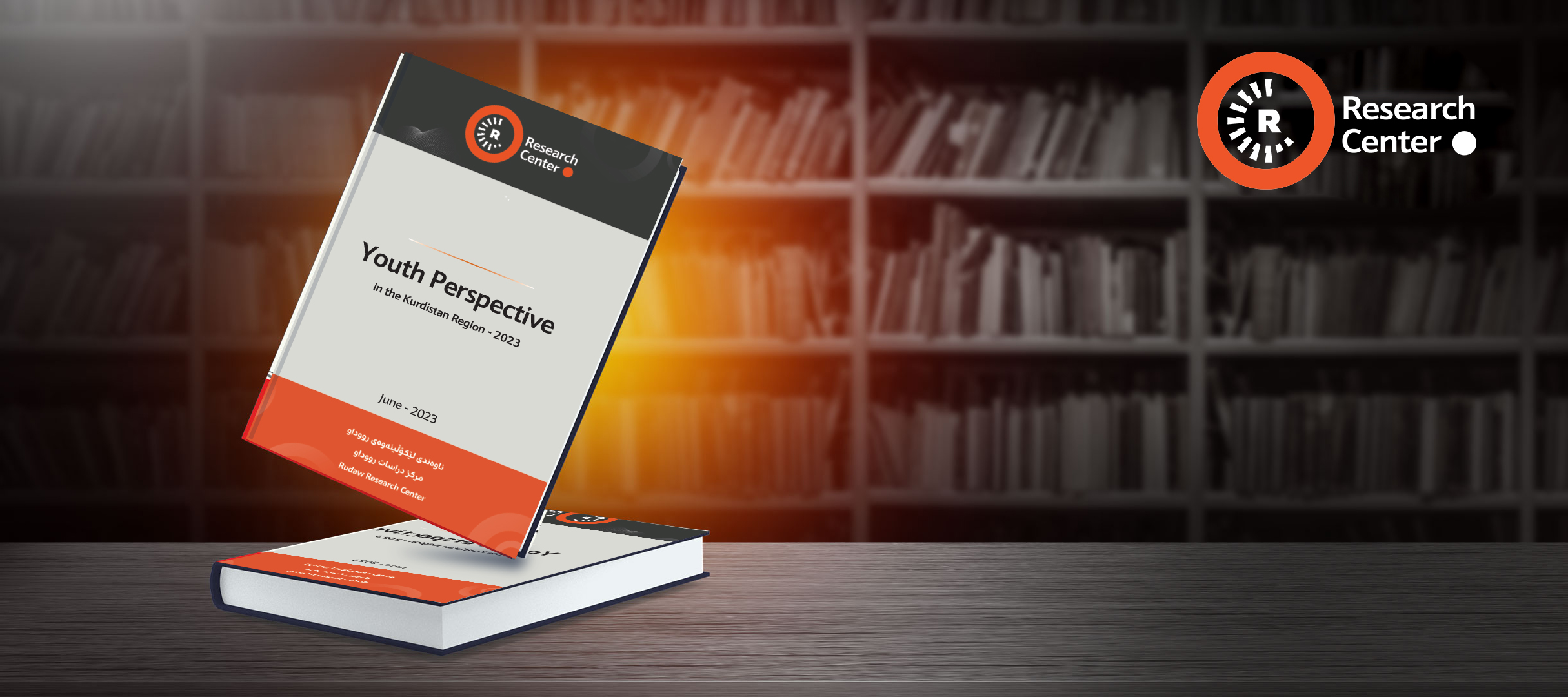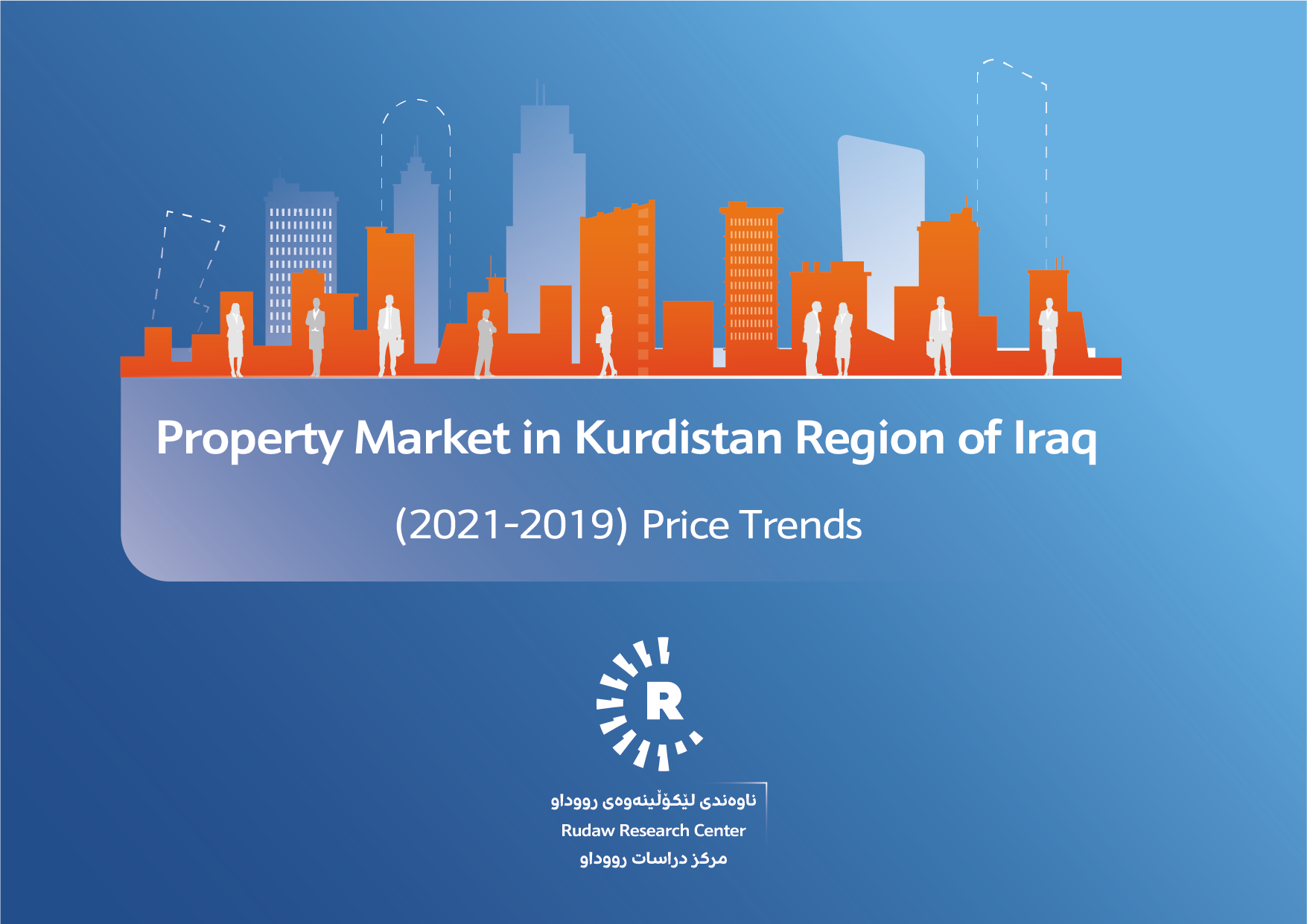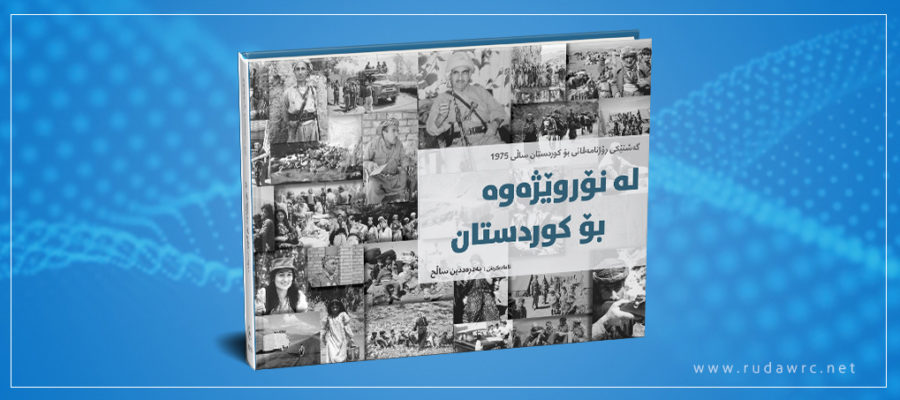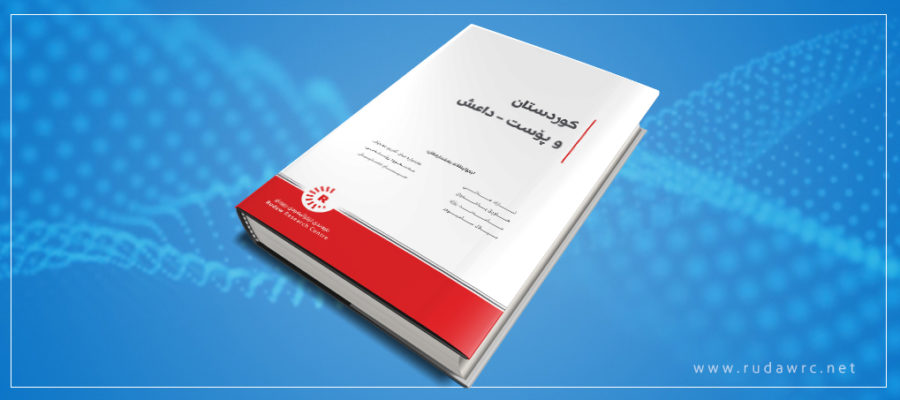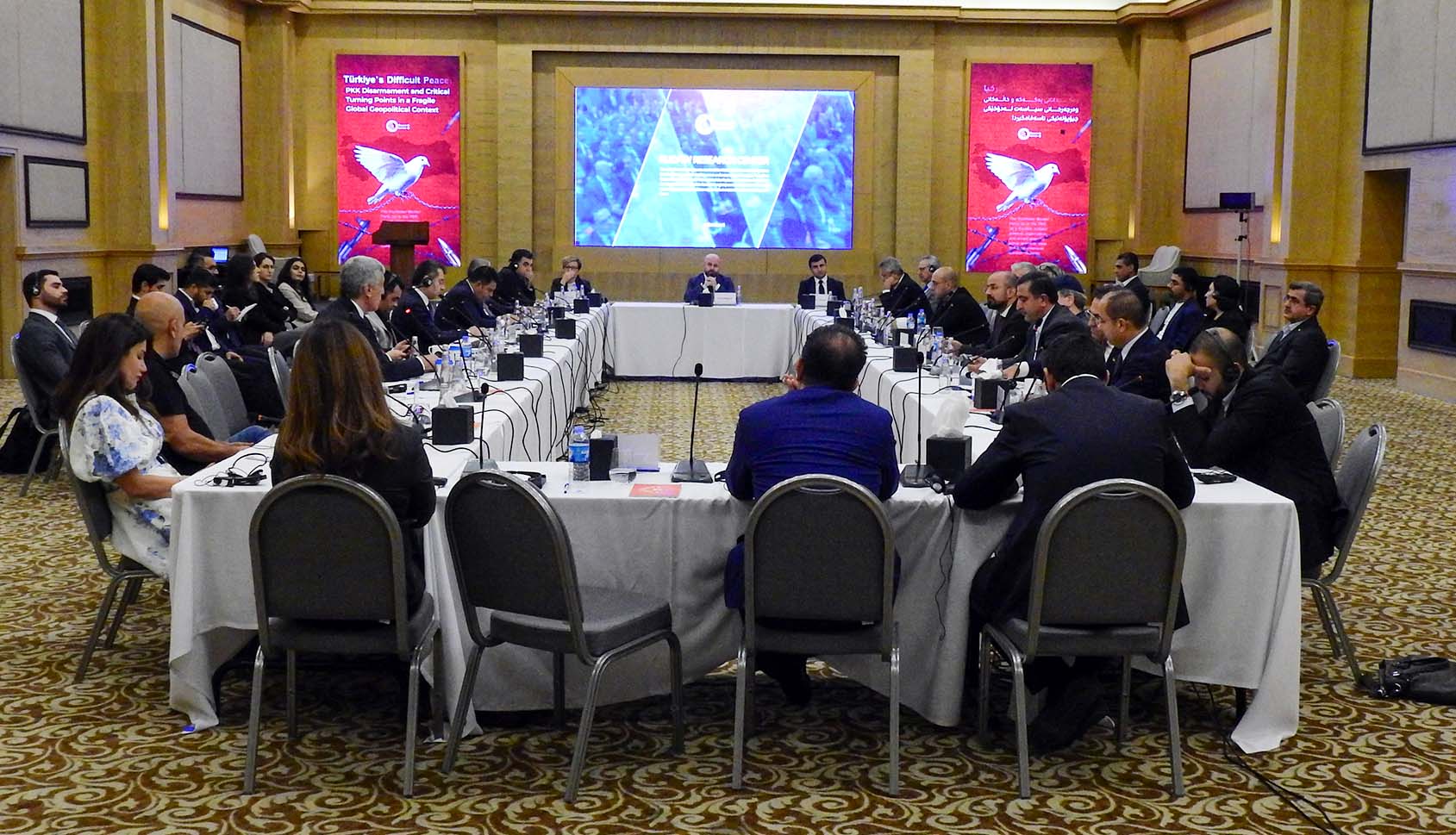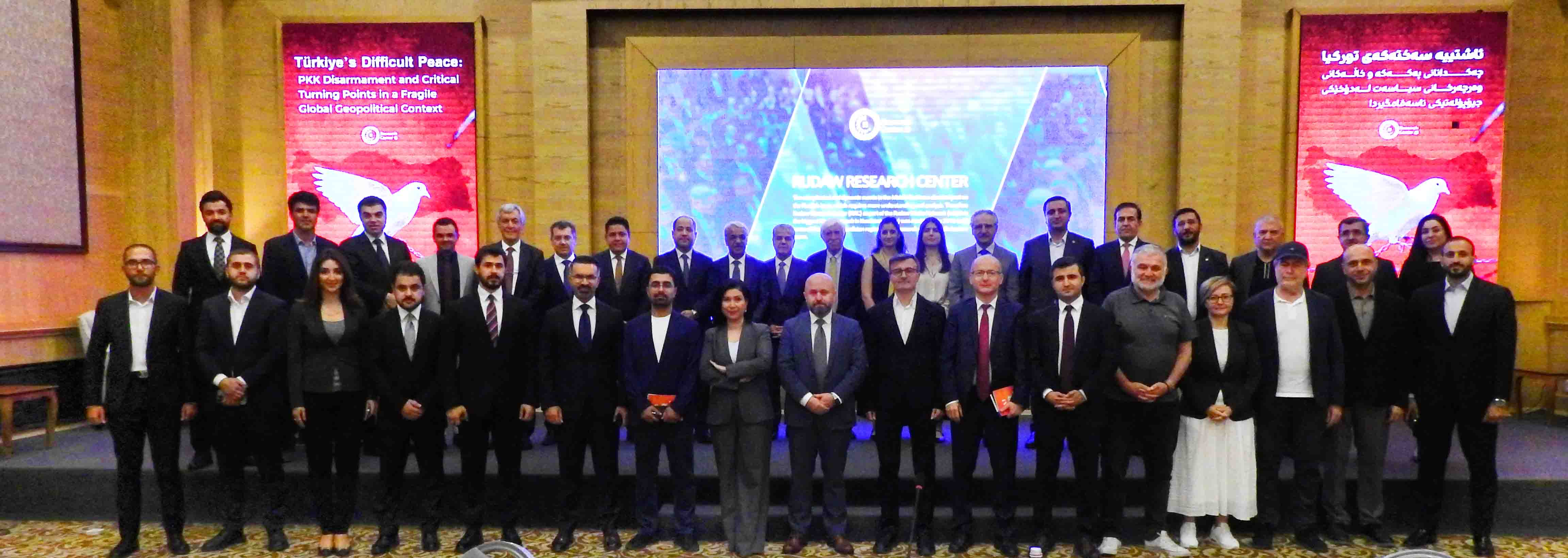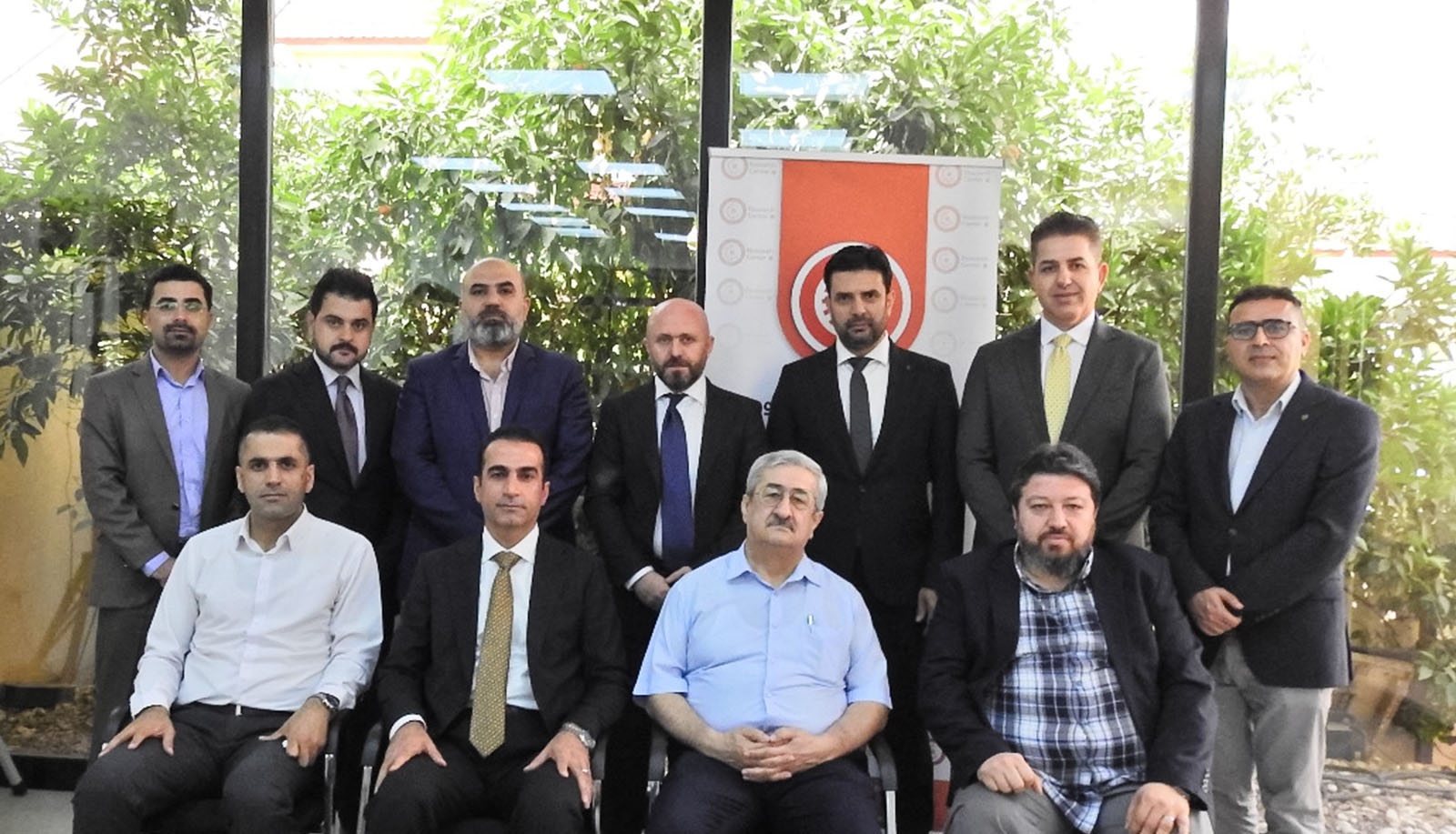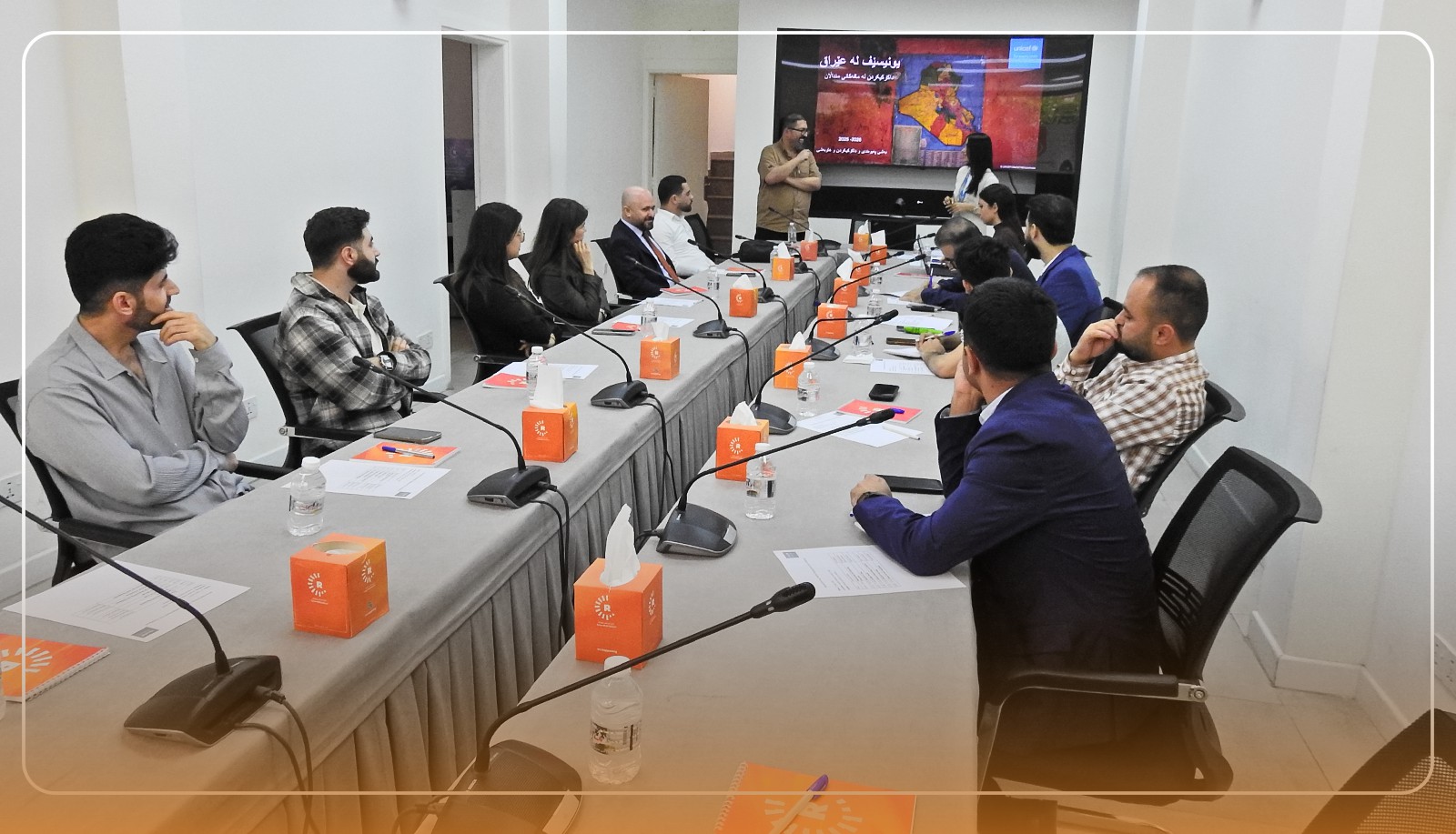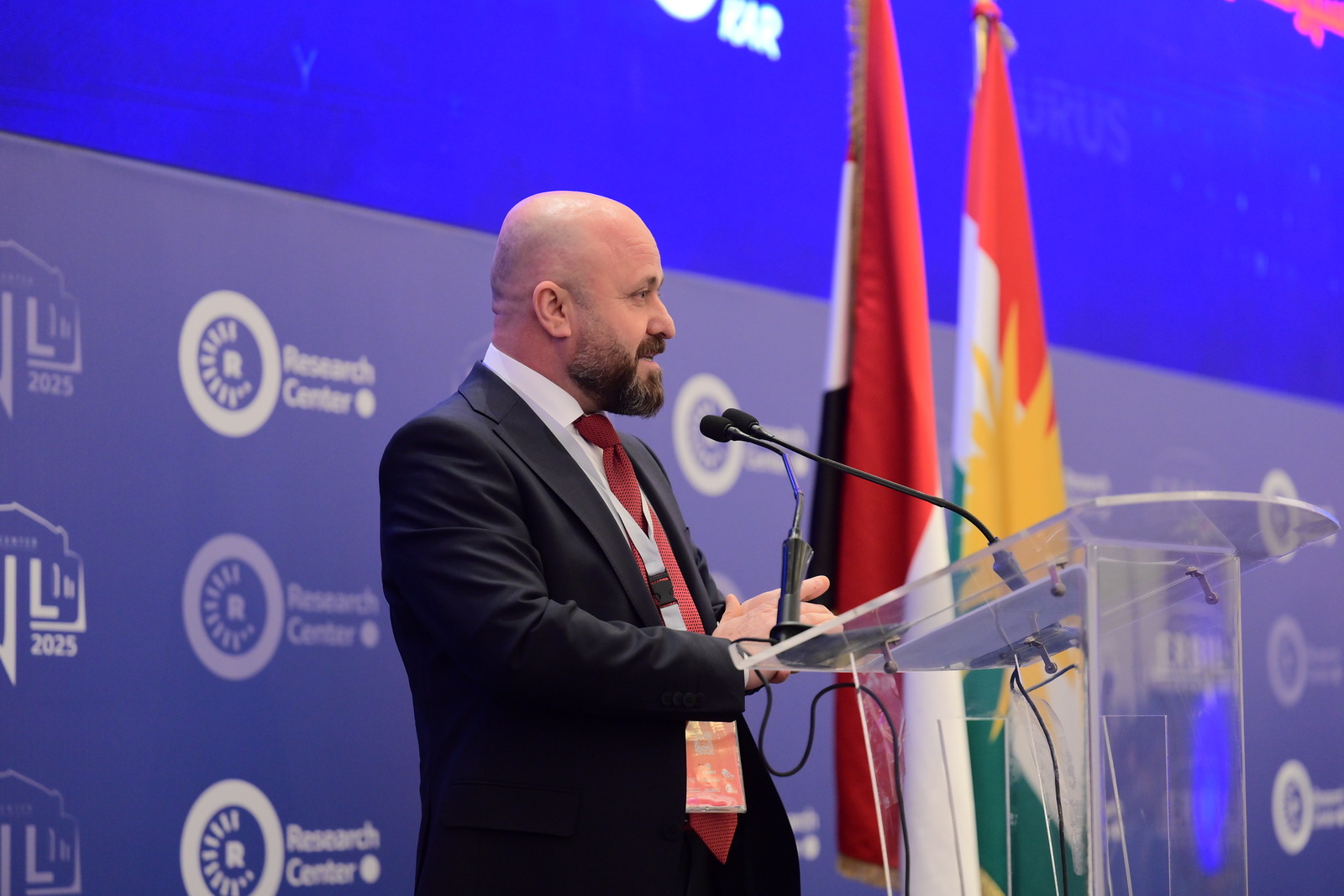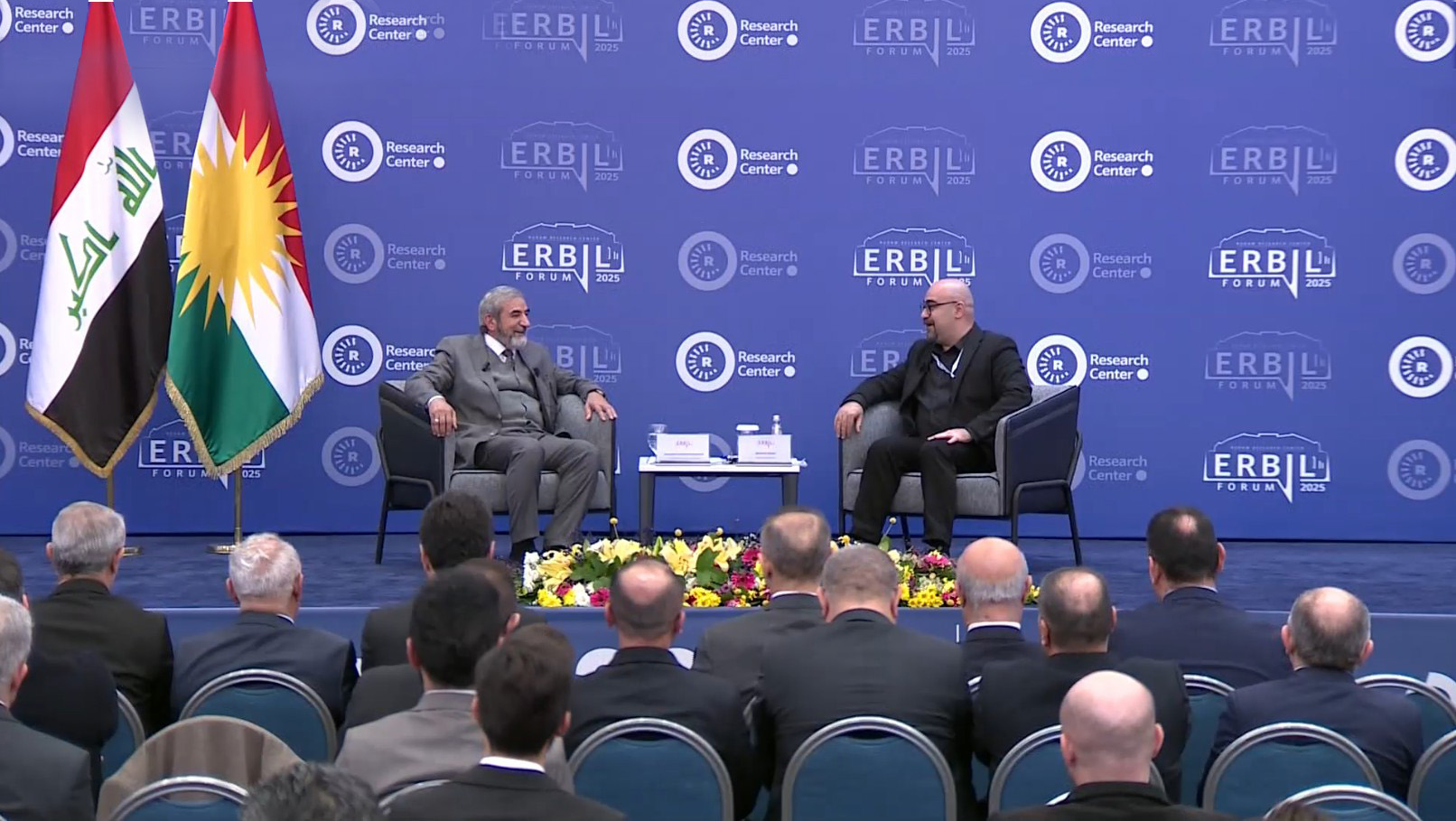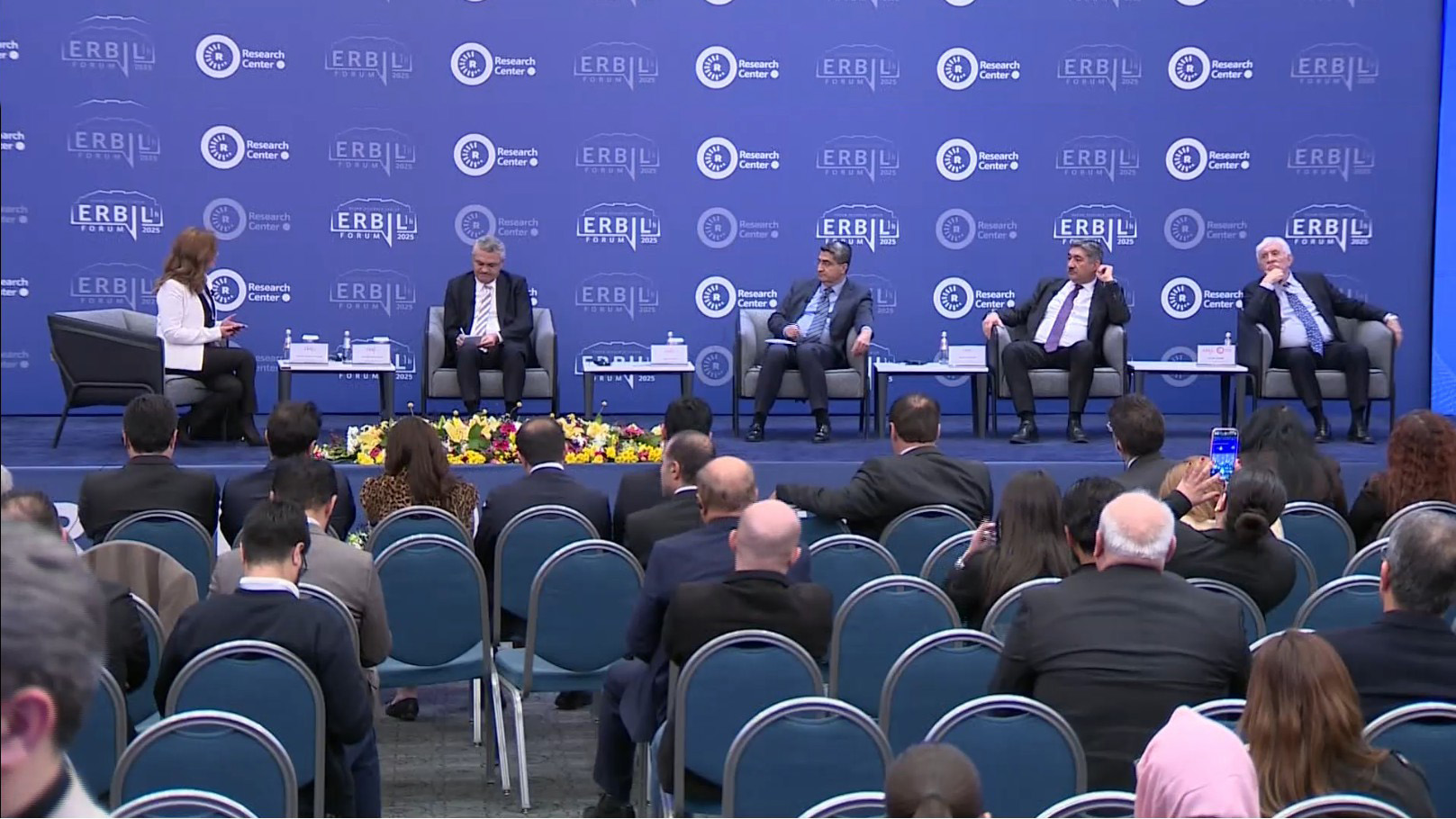Iraq and the Kurdistan Region have faced a major crisis from both external and internal dimensions: the water scarcity crisis. At present, Iraq and the Kurdistan Region are confronting an unprecedented threat of drought in their history, particularly as the annual renewable water availability per individual is currently approximately 600 cubic meters and is expected to decrease by half or more in the coming decade.
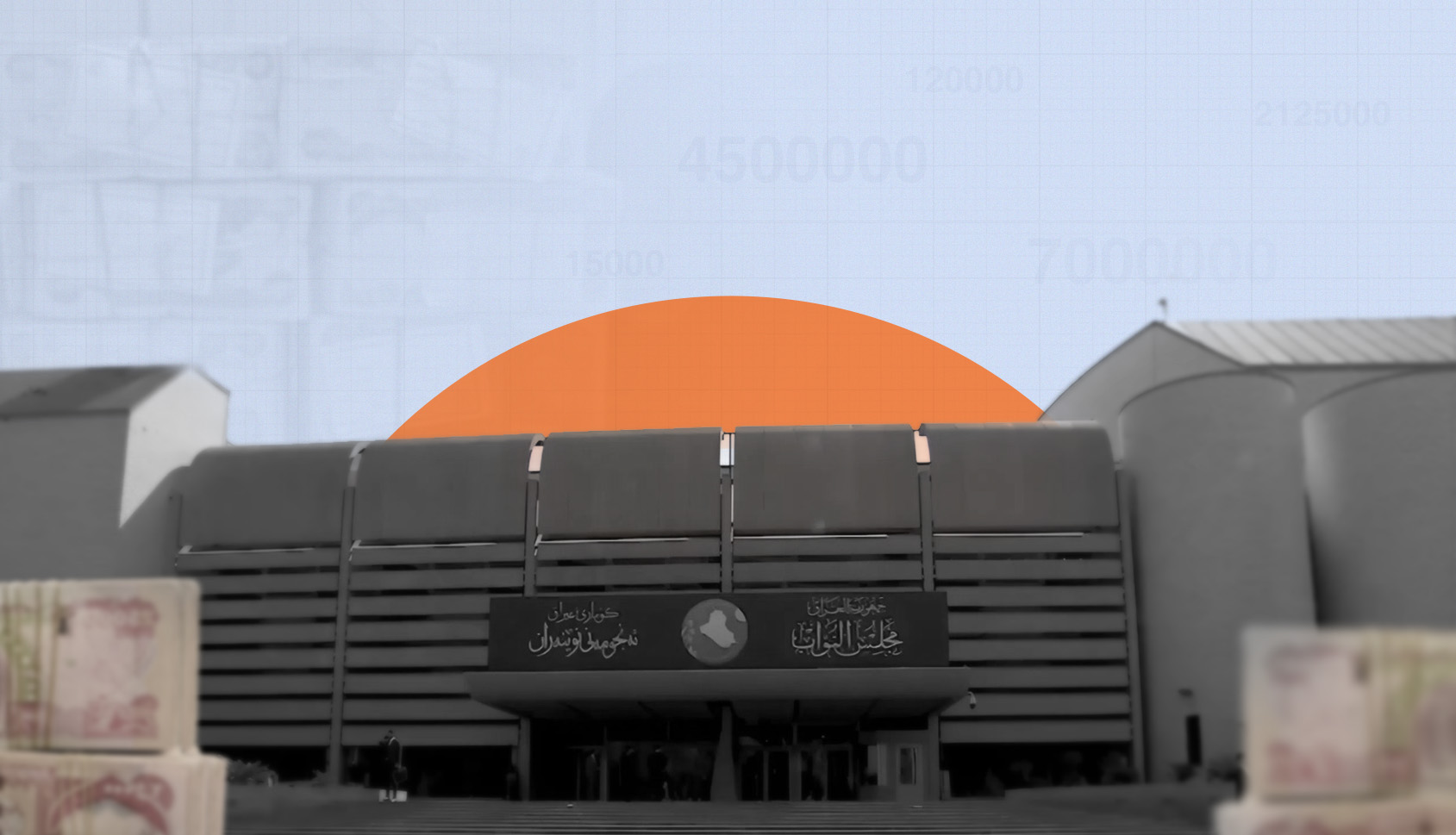

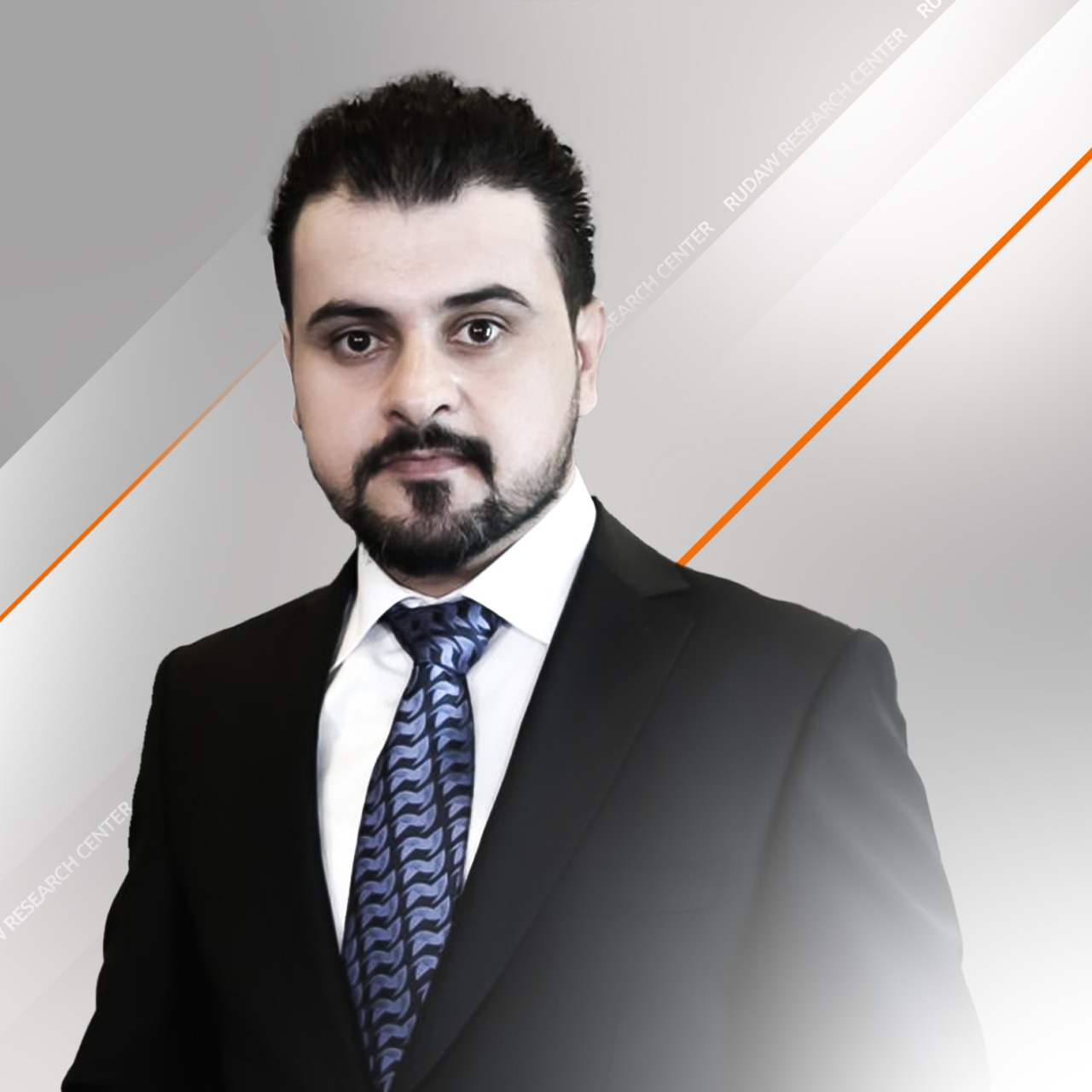
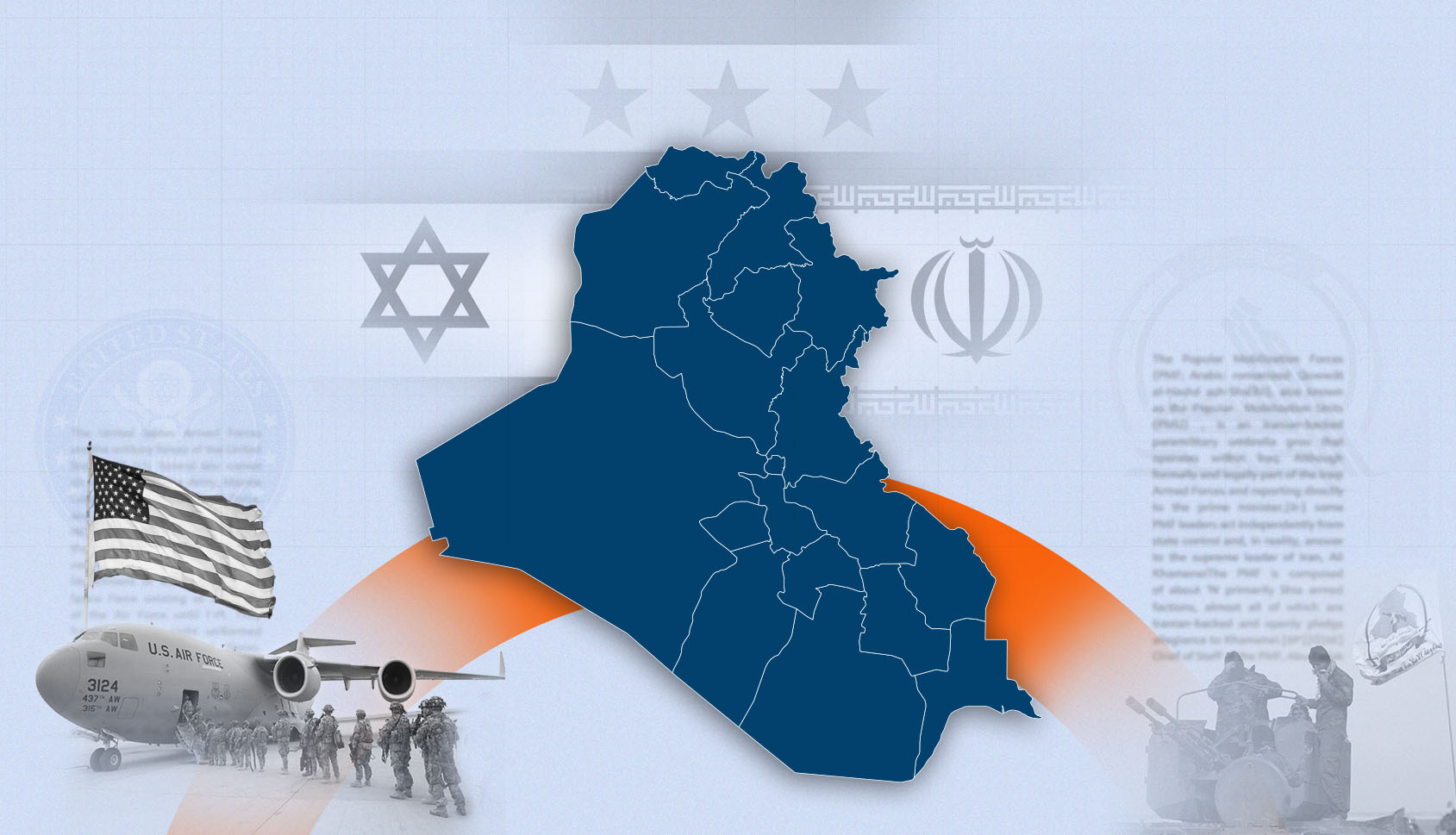

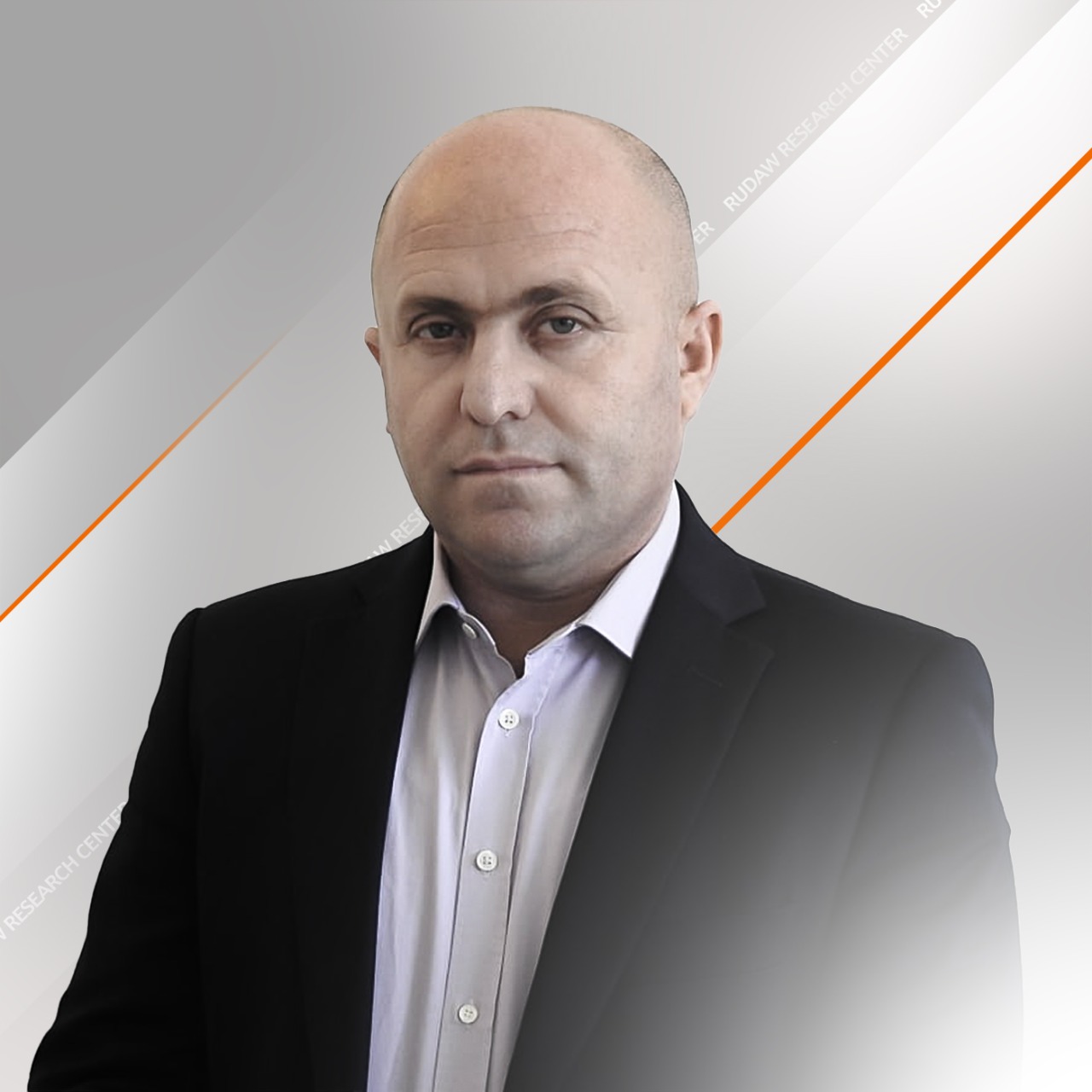
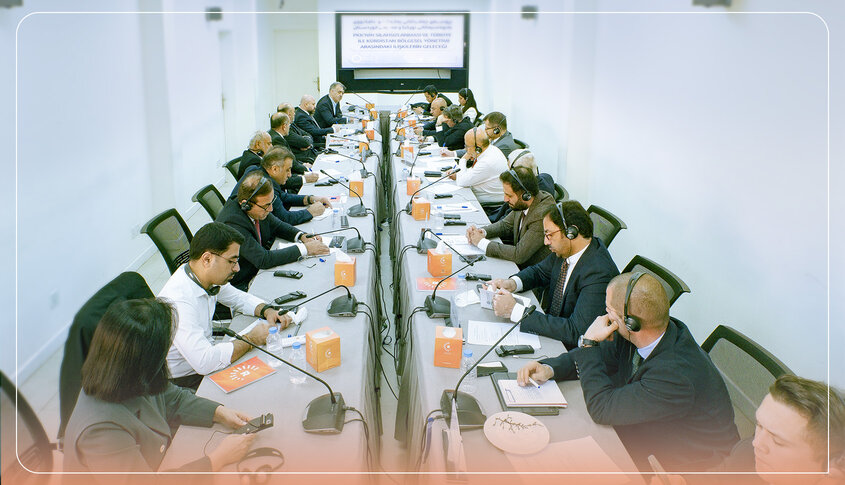


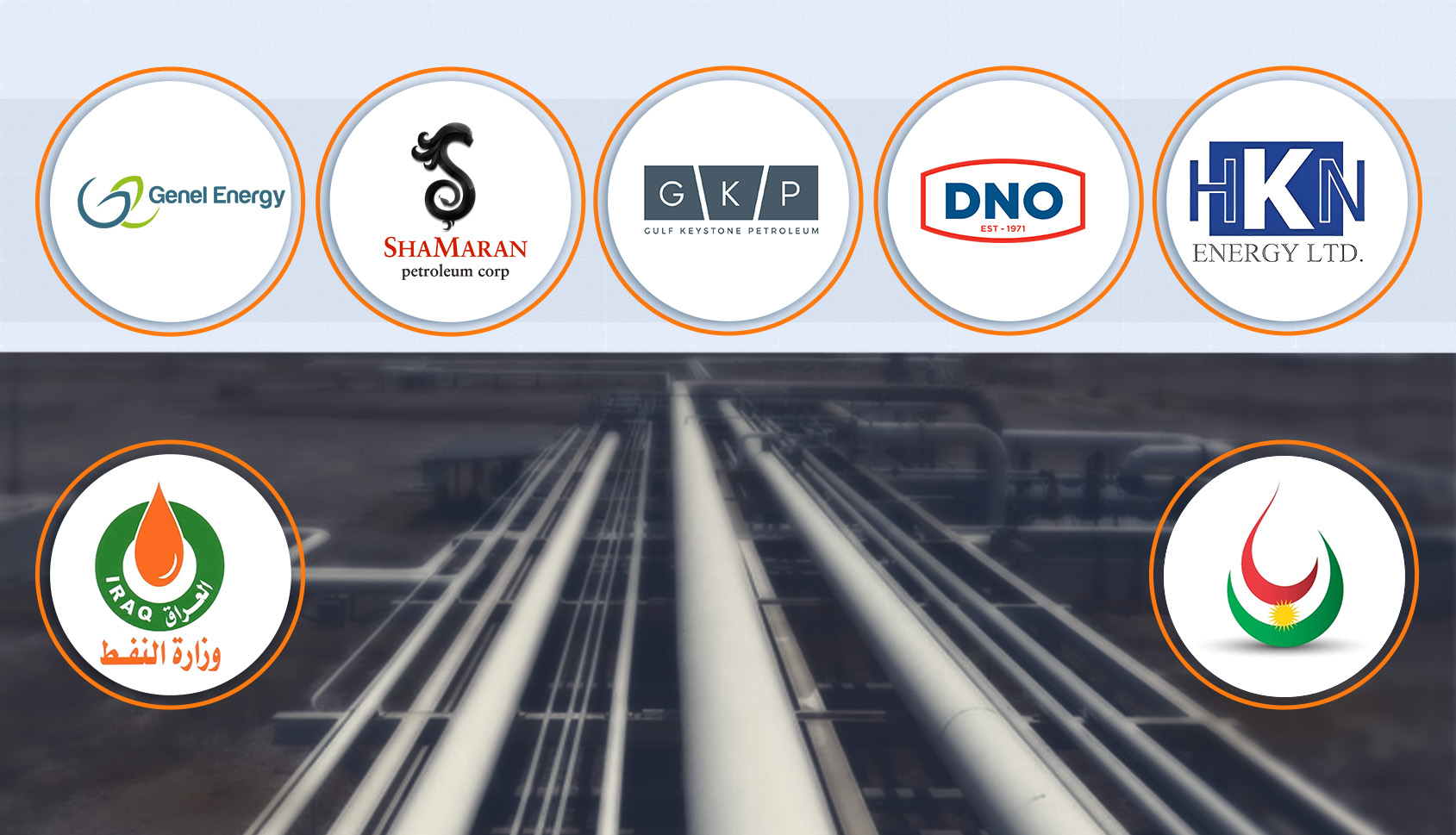


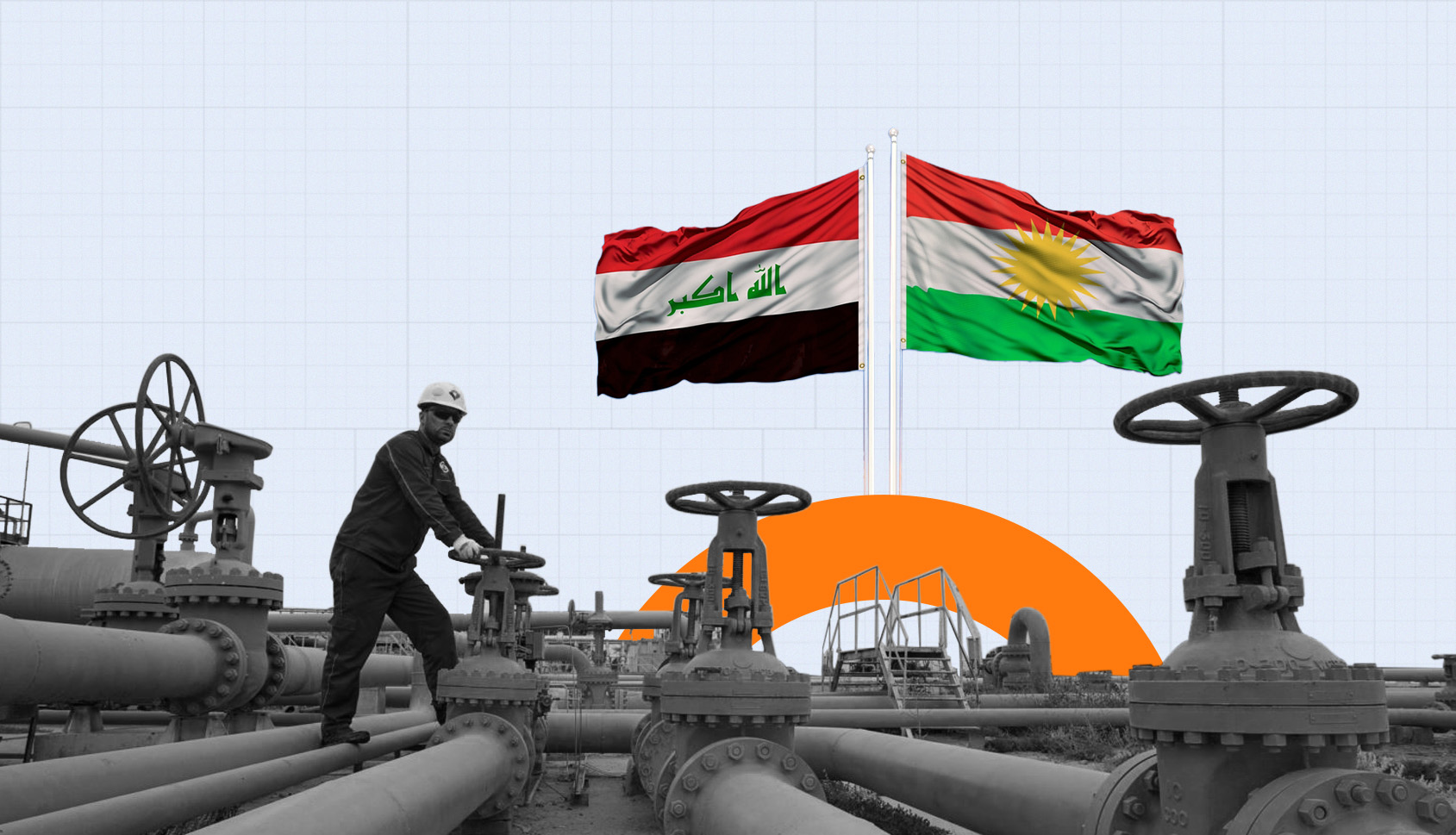


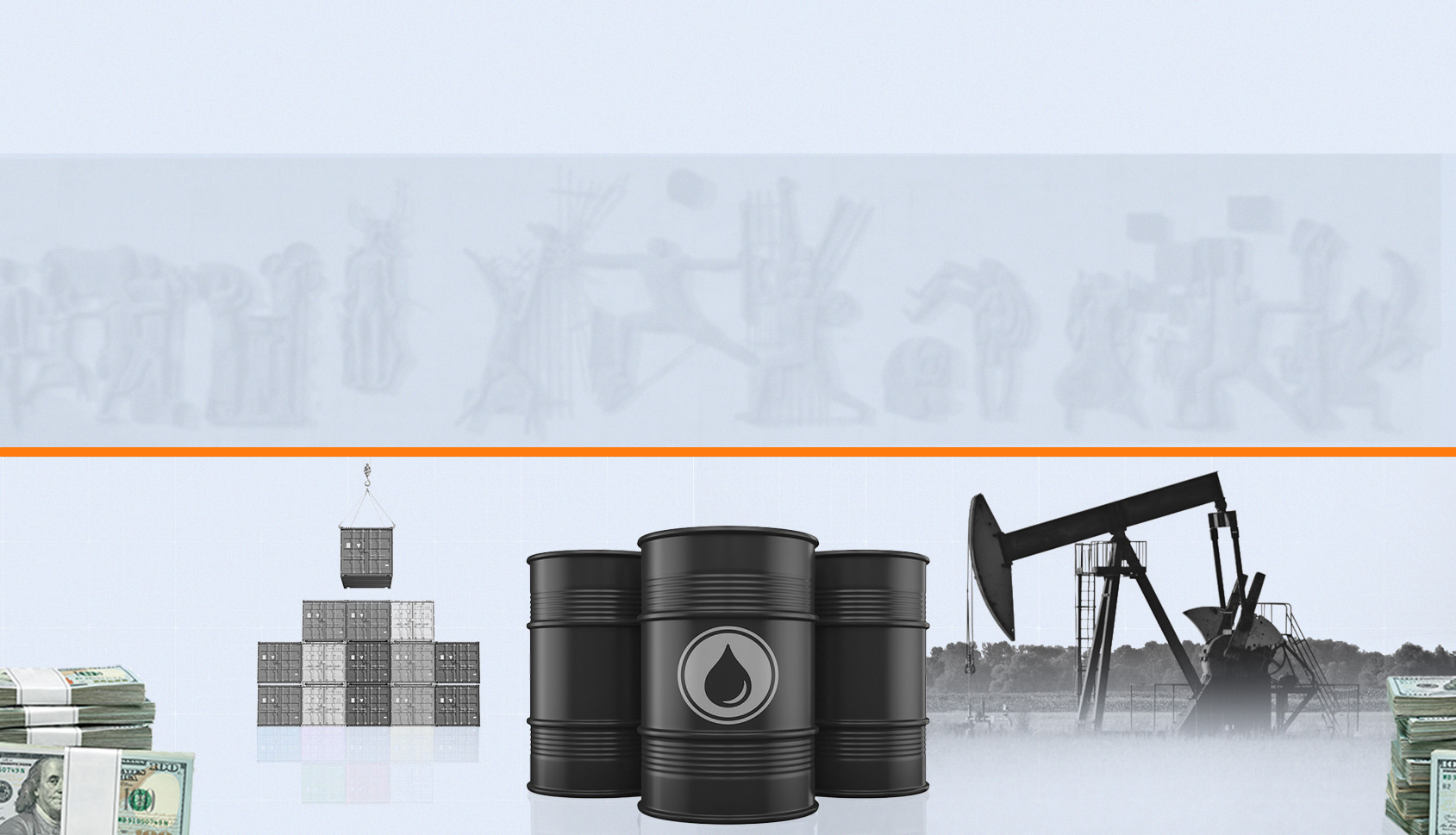


Analysis
On November 11, 2025, citizens of Iraq and the Kurdistan Region will head to the polls to elect members for the sixth parliamentary term. The annual cost of maintaining this parliament is approaching half a billion U.S. dollars.
The November Elections and the Strategic Uncertainties Facing Iraq and the Kurdistan Region

These days, a range of phrases are being made about the upcoming elections. Nouri al-Maliki has declared that abstaining from participation is akin to surrendering to “Satan”, while Hadi al-Amiri has described it as a “battle for survival.” Qais al-Khazali has warned of a “dangerous project for Iraq,” urging people to participate—directly opposing Muqtada al-Sadr’s call for a boycott. However, Mohammed Shia al-Sudani has adopted a different tone, appealing to voters to let him complete his “unfinished work.” Ultimately, these slogans all share the same goal: to draw people to the ballot boxes—one of the greatest challenges of this election. Yet that is not the only concern. The central question is Iraq is heading toward elections amid a state of strategic uncertainty.
The Core of the Tripartite Agreement and Company Profits per Barrel of Kurdistan Region Oil

Wood Mackenzie has been tasked with reviewing production costs, investment levels, and profit margins per barrel of oil for international companies operating in the Kurdistan Region. Based on this review, Baghdad will allocate the companies’ financial entitlements for both the current and future phases.
The Resumption of Oil Exports from the Kurdistan Region to the Ceyhan Port: Impacts and Implications.

On the morning of September 27, 2025, Kurdistan Region oil was exported via pipeline to the Ceyhan port. This tripartite agreement will directly impact the entire energy sector in both Iraq and the Kurdistan Region, even as three unresolved files remain suspended for 2026.
From Oil to Inequality: Iraq’s Resource Allocation and Its Role in Economic Disparities and Import Dependence

According to the Global Inequality Dashboard, which compiles data from 110 countries worldwide, Iraq ranks among the most unequal nations in terms of income and wealth distribution. The top 1% of the population earns three times more than the 45%, highlighting deep structural imbalances. A key driver of this inequality is the public sector, particularly in the way salaries are allocated.
Expansion of Iraq’s Public Sector: How Many New Civil Servants Were Appointed Last Year?

The number of civil servants appointed to Iraq’s public sector over the past year—whose salaries are paid by the Ministry of Finance—has exceeded one million. This figure comes in addition to the individuals added to the country’s social safety net during the same period.
Publications
The Rudaw Research Center's latest publication, "The Division of Ottoman Kurdistan Between Two States: Syria and Iraq," was released in 2023. This comprehensive work, composed of five sections, explores the division of Ottoman Kurdistan and its historical implications.
Election Survey

Roughly 60.3% of the surveyed population expressed their intention to participate in the forthcoming parliamentary elections, displaying similarity in turnout rates when compared to previous elections. This inclination towards participation seems to arise from a combination of new voters entering the scene and a strong aspiration among young individuals to engage in the electoral process. Moreover, the prevalent political climate and heightened polarization could also be significant factors impacting individuals’ decisions to take part in the elections. The survey indicates that three distinct groups — non-participants, undecided voters, and those opting for blank ballots — are poised to play substantial roles in the upcoming elections. Particularly noteworthy is the 39.7% of voters who intend to refrain from voting, along with 29.2% who responded positively but withheld their voting choice and 3.7%, indicated a plan to cast blank ballots. This cumulative figure amounts to 2,167,252 voters.
Young people aged 15-29 constitute a significant portion of the population in the Kurdistan Region, accounting for 28% or 1,727,903 individuals. Additionally, approximately 35% of the population in the region is under the age of 15, accounting for 2,159,879, highlighting the continued presence and influence of the young population for the next two decades. This demographic dynamic has important implications for the labor force, wealth distribution, job opportunities, and political participation. Understanding the perspectives of young people on economic, social, and political matters is crucial as it can shape the future of society.
The Kurdistan Region of Iraq (KRI) Property Market Report, including a survey, followed by several meetings of counselling and planning at the Rudaw Research Center. The report was accomplished by efforts and supervision of our colleague, Mahmood Baban and his team. It provides detailed information on the price trend in the KRI real estate market
This book was written by two Norwegian journalists and was published in 1975. The book includes reports and photos of the famous Norwegian journalist ‘’Egil Ulti’’ and his photographer Evarsn journey’s to Kurdistan which they spent time with Peshmerga forces in the mountains and tell the story of how Peshmerag defended the people and land of Kurdistan and, and also tell the story of Kurdish exodus due to Iraqi regime’s attacks.
Kurdistan and Post -ISIS

In August 2014 ISIS had launched attacks on Kurdistan region and captured some parts of Kurdistan land. ISIS has exploited the chaos of the Arab spring in Syria. According to geopolitical experts this is considered as geopolitical change therefore Kurdistan had to adapt with the new geopolitics of the region.

